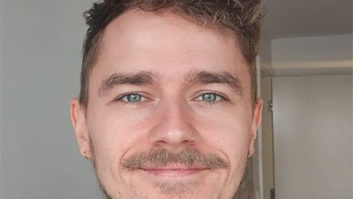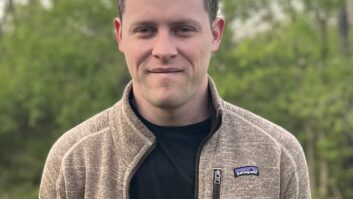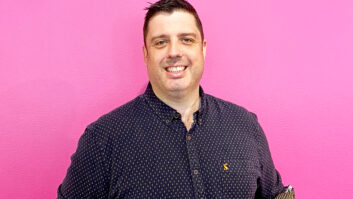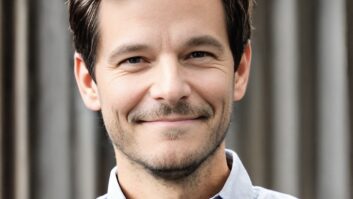David Canham, senior customer fulfilment support engineer, Pebble
Talk us through an average day in your role
I begin by checking for any extra wrinkles and lines on my face, followed by an application of facial moisturiser. Of course, a large bucket of coffee is a must to kickstart the day’s energy. After that, I’m ready to dive head first into my work day, here at Pebble, which involves addressing any overnight issues and reviewing new support tickets raised by our customers. This includes triaging tickets to make sure that we have the right information so that we can start to diagnose and resolve the problem with expediency.
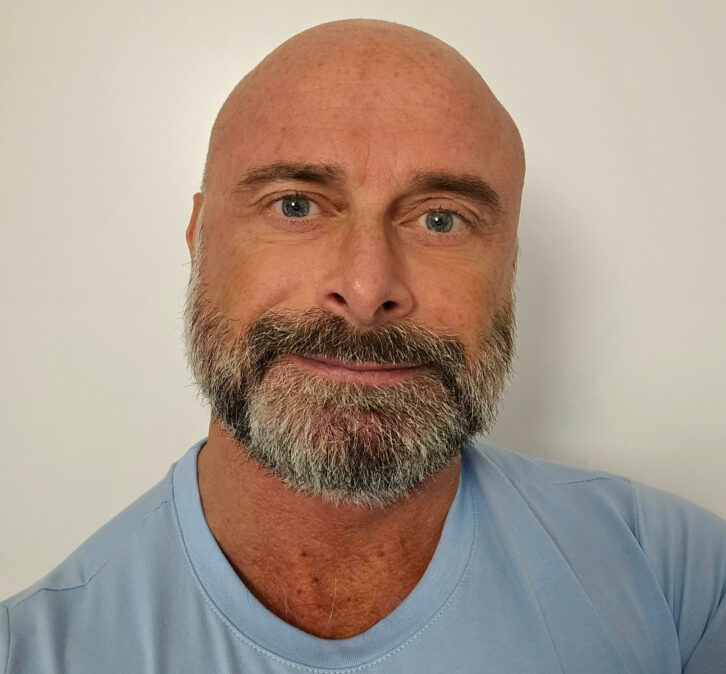
It’s great to be able to engage with our customers directly, and I get the opportunity to do this during my working day through ‘catch-up’ calls, to discuss their tickets and any product challenges they may be facing. The support teams are the face and voice of Pebble in these weekly interactions, which extend across customer locations in London, Europe, APAC, the USA, and Brazil. Support work can be intense, especially if there has been a major outage that needs to be explained as quickly as possible, so I like to keep an atmosphere of positive energy throughout the workday.
Everyone in our support team is there for each other, and on hand to assist others when resolving difficult problems! Despite our remote working ethos, I am constantly amazed at how Pebble has brought together colleagues who naturally get along so well. It’s almost as if they’ve extracted our DNA to ensure compatibility, and I feel truly blessed to work with such astounding and supportive colleagues.
How did you get started in the media industry?
My journey began at the age of 18, in the year 1988, when I secured my first job at the BBC, working in the videotape library when TV was steam-driven. I later transitioned into post production for a couple of years before moving on to BBC documentaries as an assistant unit manager.
After a brief hiatus from television, during which I worked at the University of Portsmouth, I landed a role as a continuity announcer at BBC Wales, where I worked for three years, while simultaneously gaining an insight into broadcast automation.
My interest in automation continued to grow, leading me to venture into transmission control work for various UK broadcasters. In 2016 I decided to fully embrace the engineering aspects of broadcast automation, at Snell Advanced Media which later became Grass Valley after a merger between the two companies. Now, I find myself at Pebble in my current role as a senior customer fulfilment engineer, where I continue to put all of that knowledge and experience to very good use.
What training did you have before entering the industry?
Like some teenagers, I had my fill of formal education by the time I turned 18, so I made a rather audacious decision to forgo university and dive headfirst into the world of work at the BBC. From my perspective, practical industry experience often holds more value than formal qualifications. I firmly believe that the best qualifications are gained by entering the industry as early as possible, even if it’s just a foot in the door. Once you’ve been given that opportunity, the world is your oyster.
Why do you enjoy working in the industry?
Working in television has been my main ambition, for as long as I can remember. In fact, I can remember telling my school’s career adviser that “I want to work in TV.”, I was probably about 9 years old!
I love this industry very much and have an insatiable curiosity to discover what’s happening within it and to stay abreast of the latest developments and changes.
I am quite a geek when it comes to my passion. If I pass by a transmitter mast, chances are I can name it without hesitation, based on its geographic location. This enduring love and dedication spans decades, I can even confidently name most of the public service broadcasters in various countries. Hmmm, perhaps I’ve said too much!
I’ve been fortunate enough, through a lot of hard work, to fulfil my career ambitions. I can only hope that this journey continues until my retirement, as it has been an immensely rewarding and fulfilling career.
What piece of advice would you offer someone looking to explore a role similar to yours?
My career has been filled with diverse roles, and I’ve learned that in the broadcast industry, it’s crucial to absorb as much knowledge as possible. For instance, if you’re interested in broadcast automation, grasp the intricacies of what it takes to deliver content to customers and get it on air.
Additionally, it’s essential to have an appreciation for the production side of things. Being able to engage in fluid conversations with customers in production roles is invaluable. Accumulating experience and honing your ability to adapt and communicate smoothly and effectively will serve you well in the long run, enabling you to navigate conversations at various levels within the industry.
Remember, persistence is key. Even when you have moments of self-doubt or question your understanding, keep pushing forward.


